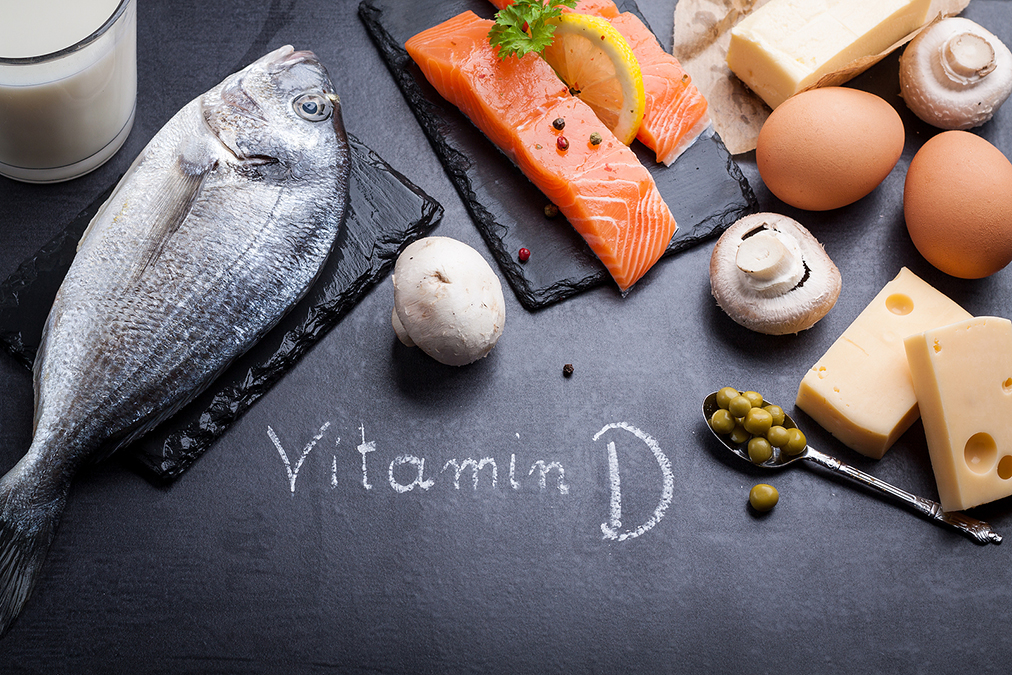 Chronic Kidney Disease (CKD) is bad enough on its own.
Chronic Kidney Disease (CKD) is bad enough on its own.
But it often comes with a hidden danger… one hardly ever mentioned.
A fascinating new study in Frontiers in Nutrition reveals that one key vitamin could break this destructive cycle and help with this hidden danger and CKD.
Chronic kidney disease (CKD) gradually reduces kidney function.
But for many patients, the problem doesn’t stop there.
34% of CKD patients also suffer from depression, and research shows that depression can make kidney disease worsen even faster.
Why?
Depressed patients are less likely to follow their treatment plans, have unhealthier lifestyles, and experience increased inflammation — leading to higher hospitalization rates and earlier death.
At the same time, CKD itself worsens depression by dragging down emotional well-being.
Breaking this cycle has been a challenge for doctors.
But researchers at Chi Mei Medical Center in Taiwan may have found a simple and natural way to do it.
They noticed that many kidney disease patients had low levels of a crucial vitamin, one that the kidneys help convert into its active form.
Could this deficiency explain the high rates of depression seen in CKD patients?
To find out, they analyzed medical records from 35,910 kidney disease patients between 2010 and 2019, carefully matching pairs of patients — one with a vitamin D deficiency, one with normal levels — to track their risk of developing major depression.
Here’s what they discovered:
-
• Vitamin D Deficiency Nearly Doubled Depression Risk: Patients with low levels had a 93% higher chance of developing depression within a year.
• The Risk Stays High: Even after three years, the link between low vitamin D and depression remained strong.
• Men Were at Even Greater Risk: Deficient men had a 126% higher risk, compared to 76% for women.
• Deficiency Affects All CKD Stages: Low vitamin D was linked to depression no matter how advanced the kidney disease was.
• Even Mild Deficiency Was Dangerous: Having slightly low levels (20-30 ng/mL) still raised depression risk by 67%.
• Other Conditions Made It Worse: CKD patients with vitamin D deficiency had an even greater risk of depression if they also had heart disease, stroke, or malnutrition.
These results suggest correcting this deficiency could protect mental health and possibly slow kidney disease progression.
The good news is that it’s easy to increase your vitamin D levels naturally.
Spend time in direct sunlight, eat fatty fish like salmon, egg yolks, and mushrooms, or consume vitamin D-fortified foods.
And if levels remain low, supplementation may be an option.
But vitamin D is only one piece of the puzzle.

 Overcoming IBD
Overcoming IBD Multiple Sclerosis
Multiple Sclerosis Banishing Bronchitis
Banishing Bronchitis Gum Disease Gone
Gum Disease Gone Overcoming Onychomycosis
Overcoming Onychomycosis Neuropathy No More
Neuropathy No More The Prostate Protocol
The Prostate Protocol Brain Booster
Brain Booster
 Ironbound
Ironbound
 Solution for Shingles
Solution for Shingles
 The Bone Density Solution
The Bone Density Solution
 The Ultimate Healing Protocol
The Ultimate Healing Protocol
 The Parkinson's Protocol
The Parkinson's Protocol
 The Chronic Kidney Disease Solution
The Chronic Kidney Disease Solution
 Overthrowing Anxiety
Overthrowing Anxiety The Fatty Liver Solution
The Fatty Liver Solution The Hypothyroidism Solution
The Hypothyroidism Solution
 The End of Gout
The End of Gout The Blood Pressure Program
The Blood Pressure Program
 The Oxigized Cholesterol Strategy
The Oxigized Cholesterol Strategy
 Stop Snoring And Sleep Apnea Program
Stop Snoring And Sleep Apnea Program
 The Arthritis Strategy
The Arthritis Strategy The Vertigo & Dizziness Program
The Vertigo & Dizziness Program The 3-Step Diabetes Strategy
The 3-Step Diabetes Strategy Hemorrhoids Healing Protocol
Hemorrhoids Healing Protocol The Erectile Dysfunction Master
The Erectile Dysfunction Master Weight Loss Breeze
Weight Loss Breeze The IBS Program
The IBS Program The Insomnia Program
The Insomnia Program The Migraine and Headache Program
The Migraine and Headache Program The Neck Pain Solution
The Neck Pain Solution The Menopause Solution
The Menopause Solution The Ejaculation Master
The Ejaculation Master The TMJ Solution
The TMJ Solution The Acid Reflux Solution
The Acid Reflux Solution The Fibromyalgia Solution
The Fibromyalgia Solution The Psoriasis Strategy
The Psoriasis Strategy